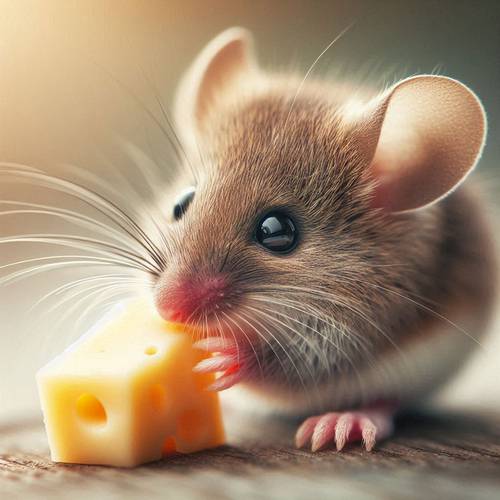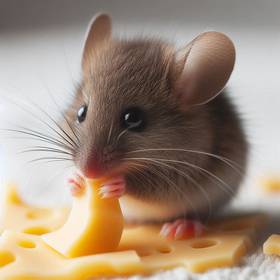Seeds and Grains: A Mouse's Staple Diet
Mice are omnivores, meaning they eat both plants and animals. Their staple diet consists of seeds and grains like wheat, oats, barley, and sunflower seeds. They also enjoy nuts like peanuts and walnuts and dried fruits such as raisins and dates, which offer additional nutrients and calories.
Fruits and Vegetables: A Sweet Treat
While not as common as seeds and grains, mice will happily nibble on fruits and vegetables. They are particularly drawn to sweet options like strawberries, blueberries, watermelon, and apples. They also enjoy leafy greens like spinach and lettuce, carrots, and potatoes, which provide them with vitamins and minerals.
Insects and Worms: Protein Powerhouses
Mice are opportunistic feeders and will readily consume insects and worms like crickets, mealworms, and earthworms. These provide a rich source of protein and other vital nutrients. They may also prey on smaller animals, such as lizards and snakes, if they find the opportunity.
Meat and Eggs: Occasional Delights
While not a primary food source, mice will occasionally consume meat and eggs when available. They may scavenge for scraps of meat like bacon or chicken, or even hunt small birds. They might also come across abandoned bird nests containing eggs. This meat-eating behavior is more common in areas with limited access to other food sources.



